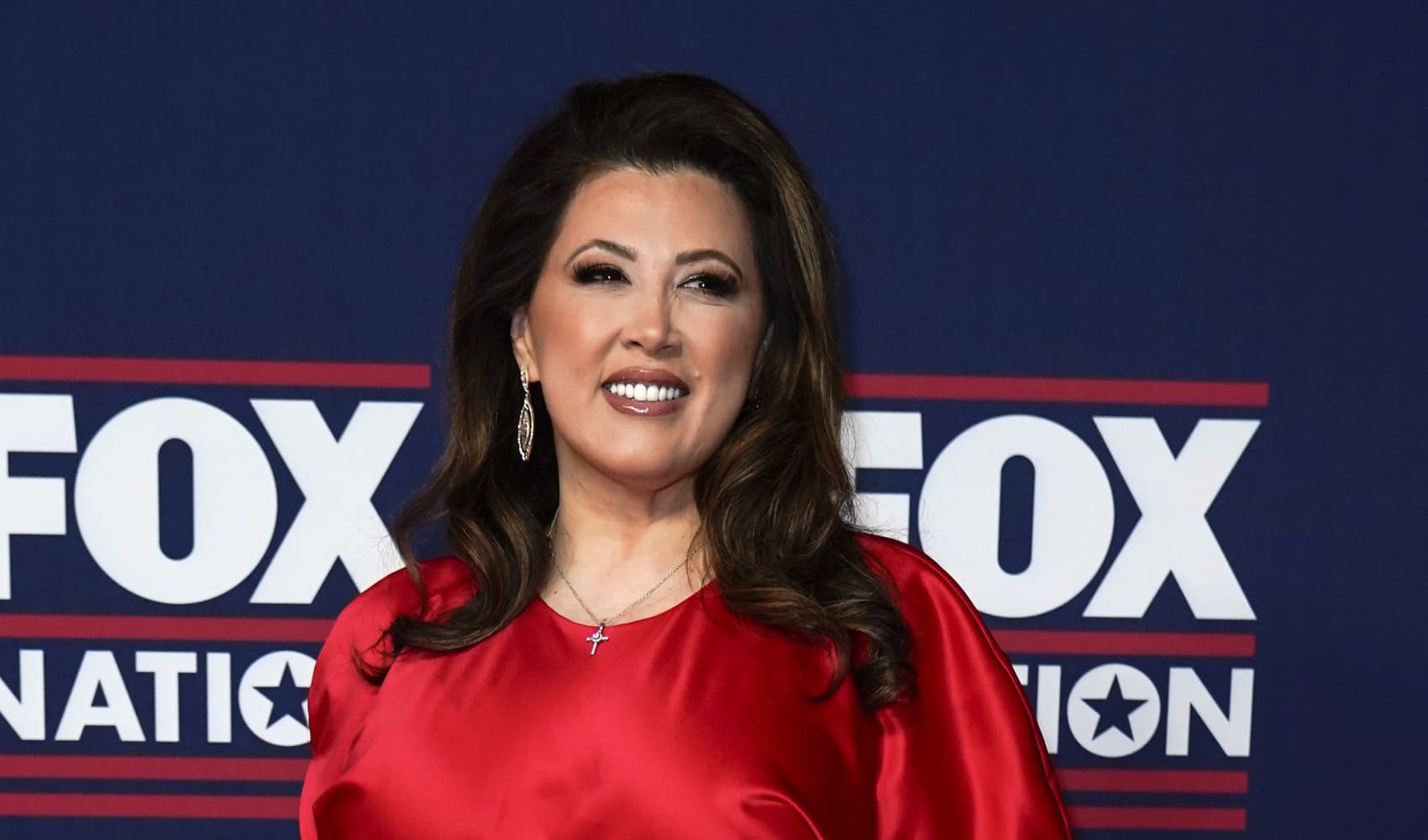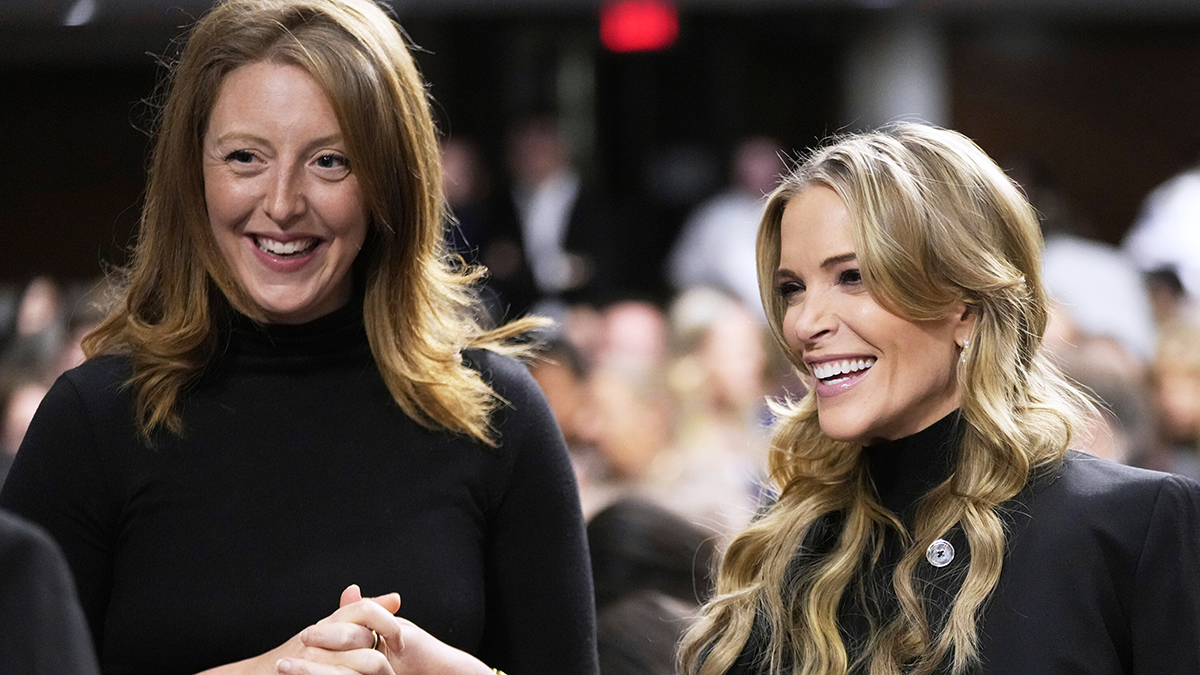Trump's Surgeon General Pulled: The REAL Story Behind It!
Trump's Surgeon General Nominee Pulled: What Happened to Dr. Nesheiwat?
Introduction: A Sudden Change in Plans
The world of politics is often full of surprises, isn't it? Just when you think you have a clear picture, something unexpected happens. In a recent turn of events, President Donald Trump withdrew his nomination of Dr. Janette Nesheiwat as U.S. Surgeon General. This decision, announced via social media, has left many wondering what exactly transpired. Let's delve into the details and explore the reasons behind this abrupt change.
The Initial Nomination: Dr. Janette Nesheiwat
Dr. Janette Nesheiwat, a former Fox News medical contributor, was initially tapped for the prestigious role of Surgeon General. Her background in media and medicine seemed like a promising combination. But what made her a potential candidate for such an important position? Her experience as a medical professional and her presence in the public eye surely played a role in the decision.
Questions Arise: Concerns About Her Credentials
Soon after the announcement, questions began to surface regarding Dr. Nesheiwat’s medical education. Specific details were scrutinized, leading to doubts about the extent of her qualifications. In the high-stakes world of public health, every detail matters. Was there a discrepancy, or was this simply a case of political opponents digging for dirt?
The Importance of Education Verification
We have to admit it, confirming education and work experience is crucial, especially in medicine. This kind of verification guarantees that candidates have the skills and knowledge required for the job. Was the verification thorough in Nesheiwat's case? This is what people were wondering.
Laura Loomer's Involvement: A Conservative Voice Speaks Out
Adding another layer to the story is the involvement of Laura Loomer, a controversial conservative figure. Loomer publicly criticized Nesheiwat, further fueling the scrutiny surrounding her nomination. What role did Loomer’s criticism play in the President’s decision? Her influence, while controversial, cannot be ignored.
Trump's Announcement: A New Nominee Emerges
Amidst the growing concerns, President Trump announced that he would be nominating Dr. Casey Means for the position of Surgeon General. This decision effectively ended Nesheiwat’s chances of holding the role. So, what were Dr. Means' qualifications compared to Dr. Nesheiwat’s?
Who is Dr. Casey Means?
Following the withdrawal of Nesheiwat's nomination, all eyes turned to Dr. Casey Means. Who is she, and what makes her a suitable candidate for Surgeon General? Information about her background, medical specialties, and vision for public health became crucial in understanding the rationale behind the new nomination.
A Consolation Prize: Nesheiwat's New Role
While Nesheiwat won't be serving as Surgeon General, she won't be leaving the administration entirely. President Trump stated that she will be working at the Department of Health and Human Services "in another capacity." What does this "other capacity" entail? This opens up a new avenue for her contributions to public health, albeit in a different role.
HHS and its Departments
The Department of Health and Human Services (HHS) is a vast organization. What kind of position could Nesheiwat be considered for? It could be something in the Office of the Assistant Secretary for Preparedness and Response, for example. Or perhaps she will be asked to act as an advisor.
The Surgeon General: Responsibilities and Significance
Understanding the role of the Surgeon General is crucial to appreciating the significance of this nomination process. The Surgeon General serves as the nation’s top doctor, advising on public health issues and playing a key role in shaping health policy. Why is this role so important? Because the Surgeon General leads public health initiatives on a national level, influencing the well-being of millions.
Public Reaction: A Mixed Bag of Opinions
As expected, the withdrawal of Nesheiwat’s nomination and the announcement of Means as the new nominee have generated diverse reactions. Some have praised the decision, citing concerns about Nesheiwat’s qualifications, while others have expressed disappointment, questioning the motives behind the change. Isn’t it always the case with political decisions? There will always be supporters and detractors.
The Importance of Public Scrutiny
This situation highlights the importance of public scrutiny in the nomination process. When a person is nominated for such an important public office, thorough vetting and transparent evaluation of their credentials are essential. Should the process be more rigorous? Perhaps this case will lead to reforms in the way nominees are assessed.
Political Implications: A Look at the Bigger Picture
Beyond the immediate impact on the individuals involved, this episode also has broader political implications. It raises questions about the vetting process, the influence of social media criticism, and the overall dynamics within the Trump administration. What does this say about the current political climate?
The Future of Public Health: What to Expect
With a new nominee on the horizon, the focus now shifts to the future of public health under Dr. Casey Means. Her vision, priorities, and approach to addressing the nation’s health challenges will be closely watched. What changes can we expect? Only time will tell how her leadership will shape the health landscape.
Lessons Learned: A Case Study in Politics and Public Health
The entire situation serves as a fascinating case study in the intersection of politics and public health. It underscores the importance of transparency, accountability, and the impact of public opinion on key decisions. What valuable lessons can we glean from this experience?
Conclusion: Navigating the Complexities
The withdrawal of Dr. Janette Nesheiwat’s nomination for Surgeon General and the subsequent nomination of Dr. Casey Means is a complex issue with multiple layers. From questions about medical education to the influence of social media criticism, the situation highlights the challenges of navigating the intersection of politics and public health. As Dr. Means prepares to take on this important role, the nation will be watching closely to see how she addresses the pressing health challenges facing our society. This situation illustrates that high-profile nominations are never simple, and a variety of elements, including candidate qualifications and media opinions, influence the result.
Frequently Asked Questions
- Why was Dr. Janette Nesheiwat's nomination withdrawn?
President Trump withdrew Dr. Nesheiwat's nomination due to questions about her medical education and criticism from conservative voices like Laura Loomer.
- Who is the new nominee for Surgeon General?
President Trump announced that Dr. Casey Means would be nominated as the new Surgeon General.
- What will Dr. Nesheiwat be doing instead?
President Trump stated that Dr. Nesheiwat will be working at the Department of Health and Human Services "in another capacity." The exact role remains unspecified.
- What are the main responsibilities of the U.S. Surgeon General?
The Surgeon General advises on public health issues, shapes health policy, and leads national public health initiatives.
- How does public scrutiny affect the nomination process?
Public scrutiny can significantly impact the nomination process, influencing the evaluation of candidates and shaping public opinion, potentially leading to changes in nomination decisions.

